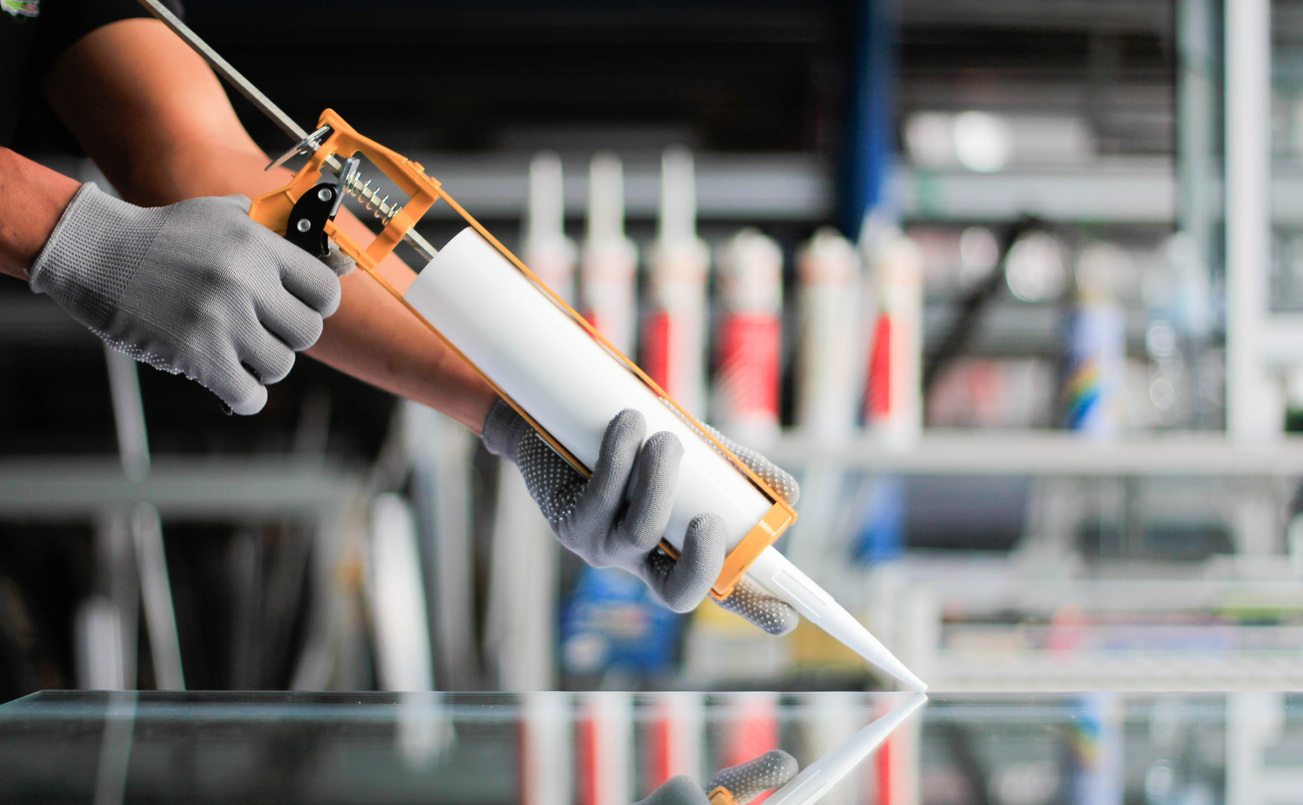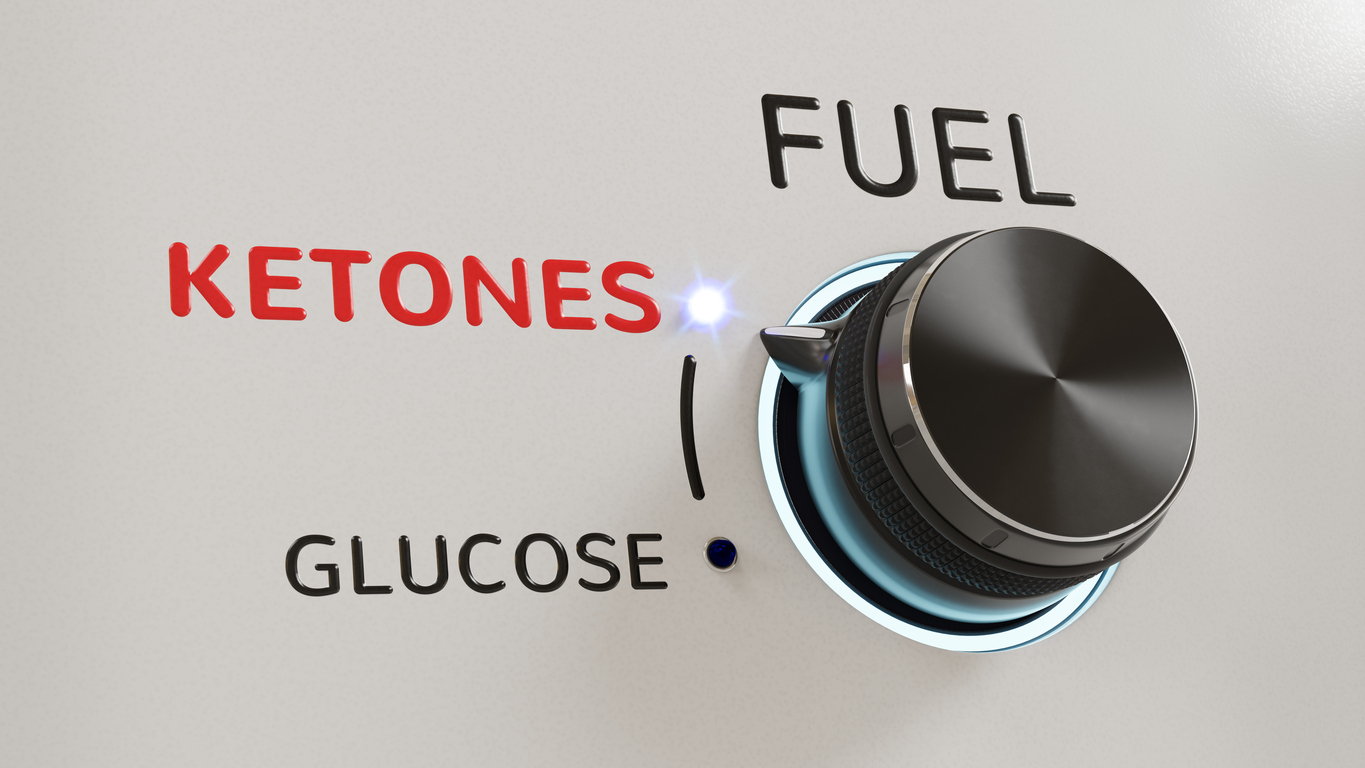The Role of Solvents in Various Industries: Exploring their Applications
The Role of Solvents in Various Industries: Exploring their Applications
Solvents – the unsung heroes of various industries, silently working behind the scenes to make our everyday lives more convenient and efficient. From cleaning products to pharmaceuticals, solvents play a vital role in countless applications that often go unnoticed. But today, we’re peeling back the curtain and diving into their fascinating world, exploring how these versatile substances are transforming industries across the board. So grab your lab coat and join us on this captivating journey as we uncover the secrets of solvents and their indispensable contributions!
Introduction to Solvents: Definition and Uses
Introduction to Solvents: Definition and Uses
Solvents are essential chemicals used in various industries for their ability to dissolve other substances. They play a vital role in many processes, such as cleaning, production, extraction, and formulation. In fact, solvents have been used since ancient times for different purposes like medicinal uses and perfumery.
Definition of Solvents
A solvent is a substance that has the ability to dissolve another substance, known as a solute, to form a homogenous solution. This means that the particles of the solute are evenly dispersed throughout the solvent without any visible separation. The most common type of solvent is water, which is known as the universal solvent due to its ability to dissolve many different substances.
Solvents can be classified into two main categories: polar and non-polar solvents. Polar solvents have positive and negative poles due to an uneven distribution of charge within their molecules. Examples of polar solvents include water, alcohols, and acetone. On the other hand, non-polar solvents do not have distinct positive or negative charges on their molecules. Examples of non-polar solvents include hydrocarbons such as gasoline and oils.
Common Types of Solvents and their Characteristics
Solvents play a crucial role in various industries, from pharmaceuticals and cosmetics to paints and coatings. They are used for dissolving, diluting, and dispersing different substances to create the desired products. However, not all solvents are the same, and each type has its unique characteristics that make them suitable for specific applications. In this section, we will discuss some of the most common types of solvents and their characteristics.
1. Water-based Solvents:
Water is the most widely used solvent in various industries due to its low cost and availability. It is a polar solvent, meaning it can dissolve polar compounds such as salts and sugars easily. Water-based solvents are also non-toxic and have a high boiling point, making them safe to use in many applications.
2. Hydrocarbon Solvents:
Hydrocarbon solvents are derived from petroleum or natural gas sources, making them readily available at a low cost. They have excellent dissolving properties for non-polar compounds such as oils, fats, waxes, resins, etc., making them ideal for use in paints, varnishes, adhesives, etc. However, they can be flammable and pose health hazards if not handled properly.
3. Alcohol Solvents:
Alcohol solvents are another popular type of solvent used in many industries due to their versatility and ability to mix with both water-based and hydrocarbon solvents.
Applications of Solvents in Industrial Processes (e.g. cleaning, degreasing, extraction)
Solvents are an essential component in various industrial processes, playing a crucial role in tasks such as cleaning, degreasing, and extraction. The unique properties of solvents make them highly effective in these applications, making them widely used across industries ranging from manufacturing to pharmaceuticals.
Cleaning:
One of the most common uses of solvents in the industry is for cleaning purposes. Solvents are excellent at dissolving and removing dirt, grease, oils, and other contaminants from surfaces. This makes them ideal for use in industries where cleanliness is crucial, such as electronics manufacturing or food processing.
In electronics manufacturing, solvents are used to clean delicate components and remove any residues that could affect their performance. Similarly, the food industry utilizes solvents to sanitize equipment and surfaces to maintain hygiene standards.
Degreasing:
Another important application of solvents is degreasing. Many industrial processes involving metals require degreasing before further treatment or finishing can take place. Solvents have the ability to dissolve grease and oil without damaging metal surfaces or leaving behind any residue.
Industries such as automotive manufacturing heavily rely on solvent-based degreasers to remove oils and greases from engine parts before assembly. The aerospace industry also uses solvents for degreasing aircraft components before painting or coating.
Extraction:
Solvent extraction is a process that involves separating one substance from another using a solvent as a medium. It has numerous applications across different industries, including pharmaceuticals, cosmetics production, herbal medicine production, and more.
Environmental Impact and Safety Concerns of Solvents
Solvents play a crucial role in various industries, from pharmaceuticals and cosmetics to paints and adhesives. They are used as a medium to dissolve, dilute, or suspend substances, making it easier for them to be applied or incorporated into different products. However, the use of solvents also raises concerns about their environmental impact and safety.
Environmental Impact:
One of the main environmental concerns associated with solvents is their potential to contribute to air pollution. Many solvents release volatile organic compounds (VOCs) into the atmosphere, which can react with other pollutants and form ground-level ozone – a major component of smog. This can have harmful effects on human health and damage plant life.
Moreover, some solvents are considered hazardous waste due to their toxic properties. When disposed of improperly, they can contaminate soil and water sources, posing a threat to aquatic life and potentially entering the food chain.
Another significant concern is the depletion of the ozone layer caused by certain types of solvents such as chlorofluorocarbons (CFCs) and hydrochlorofluorocarbons (HCFCs). These chemicals were widely used in refrigerants and aerosol sprays before their harmful effects on the environment were discovered. While efforts have been made to phase out CFCs and HCFCs, proper disposal methods are still necessary for any remaining sources.
Advancements in Green Solvent Technology
Green solvent technology, also known as sustainable solvent technology, is an emerging field that focuses on the development and use of solvents that are environmentally friendly. These solvents are designed to minimize or eliminate the negative impact on human health and the environment while maintaining their effectiveness in various industrial applications. With increasing concerns about climate change and environmental pollution, there has been a growing demand for green solvents in many industries.
Traditional solvents such as petroleum-based chemicals have been linked to numerous adverse effects on human health and the environment. For example, they contribute significantly to air pollution through emissions of volatile organic compounds (VOCs). These VOCs can react with other pollutants in the atmosphere, forming harmful ground-level ozone which leads to smog formation. Additionally, these traditional solvents are often non-biodegradable and can persist in the environment for long periods, causing harm to ecosystems.
In contrast, green solvents offer a more sustainable alternative as they are derived from renewable resources and have low toxicity levels. They can be classified into three main categories: bio-based solvents, water-based solvents, and ionic liquids.
Bio-based solvents are made from biomass sources such as vegetable oils, sugars or starches which undergo fermentation or chemical reactions to produce alcohols or esters that act as effective solvents. These types of green solvents have gained popularity due to their biodegradability and low vapor pressure compared to traditional petroleum-derived products.
Case Studies: Real-life Examples of How Solvents are Used in Different Industries
Solvents play a crucial role in various industries, from pharmaceuticals to automotive, and everything in between. These chemicals are used to dissolve or disperse other substances, making them essential for many manufacturing processes. In this section, we will explore some real-life case studies of how solvents are used in different industries.
1. Pharmaceutical Industry:
Solvents are widely used in the pharmaceutical industry for various applications such as drug formulation, extraction, purification, and synthesis. One prime example is the use of solvents in the production of insulin. The active ingredient of insulin is extracted using solvents from animal pancreas tissue and then purified using further solvent-based processes before being formulated into medicine.
2. Automotive Industry:
In the automotive industry, solvents are primarily used for surface cleaning and preparation before painting or coating a vehicle’s body. For instance, before applying a layer of paint on a car’s exterior, it needs to be thoroughly cleaned and degreased to ensure proper adhesion. Solvent-based cleaners effectively remove any oils or residues that may interfere with the coating process.
3. Electronics Industry:
The electronics industry heavily relies on solvents for cleaning electronic components during production and maintenance processes. For instance, during printed circuit board (PCB) assembly, flux residues left behind after soldering can cause severe damage if not removed using appropriate solvents.
Future Trends and Predictions for the Use of Solvents
Solvents have been an essential part of various industries for many years, and their importance is only expected to grow in the future. However, with increasing concerns about environmental sustainability and health hazards, there have been significant developments in the use of solvents. These developments are shaping the future trends and predictions for the use of solvents in various industries.
1. Shift towards Bio-based Solvents:
The increasing focus on environmental sustainability has led to a shift towards using bio-based solvents instead of traditional petroleum-based ones. Bio-based solvents are derived from renewable sources such as plants and agricultural waste, making them more sustainable and eco-friendly. In addition to being environmentally friendly, they also offer better performance and lower toxicity levels compared to conventional solvents.
2. Blurring Boundaries between Industrial Sectors:
With advancements in technology and innovation, there has been a blurring of boundaries between industrial sectors that traditionally used different types of solvents. For example, some industries that primarily used water-based or aqueous solutions are now incorporating solvent-based products into their processes due to their superior properties. This shift is expected to continue as companies look for more efficient and effective ways to operate.
Conclusion: Importance and Role of Solvents
Conclusion: Importance and Role of Solvents
Solvents play a crucial role in various industries and are an essential component in many everyday products. They have become an integral part of modern manufacturing processes, and their versatility makes them valuable in a wide range of applications.
The importance of solvents lies in their ability to dissolve other substances, making them ideal for use as cleaning agents, degreasers, paint thinners, and more. Without the presence of solvents, many manufacturing processes would not be possible or would require much more time and energy.
Solvents also act as carriers for other chemicals, allowing them to mix evenly and effectively. This makes them vital in the production of adhesives, lubricants, pesticides, cosmetics, pharmaceuticals, and many other products.








Comments are closed.